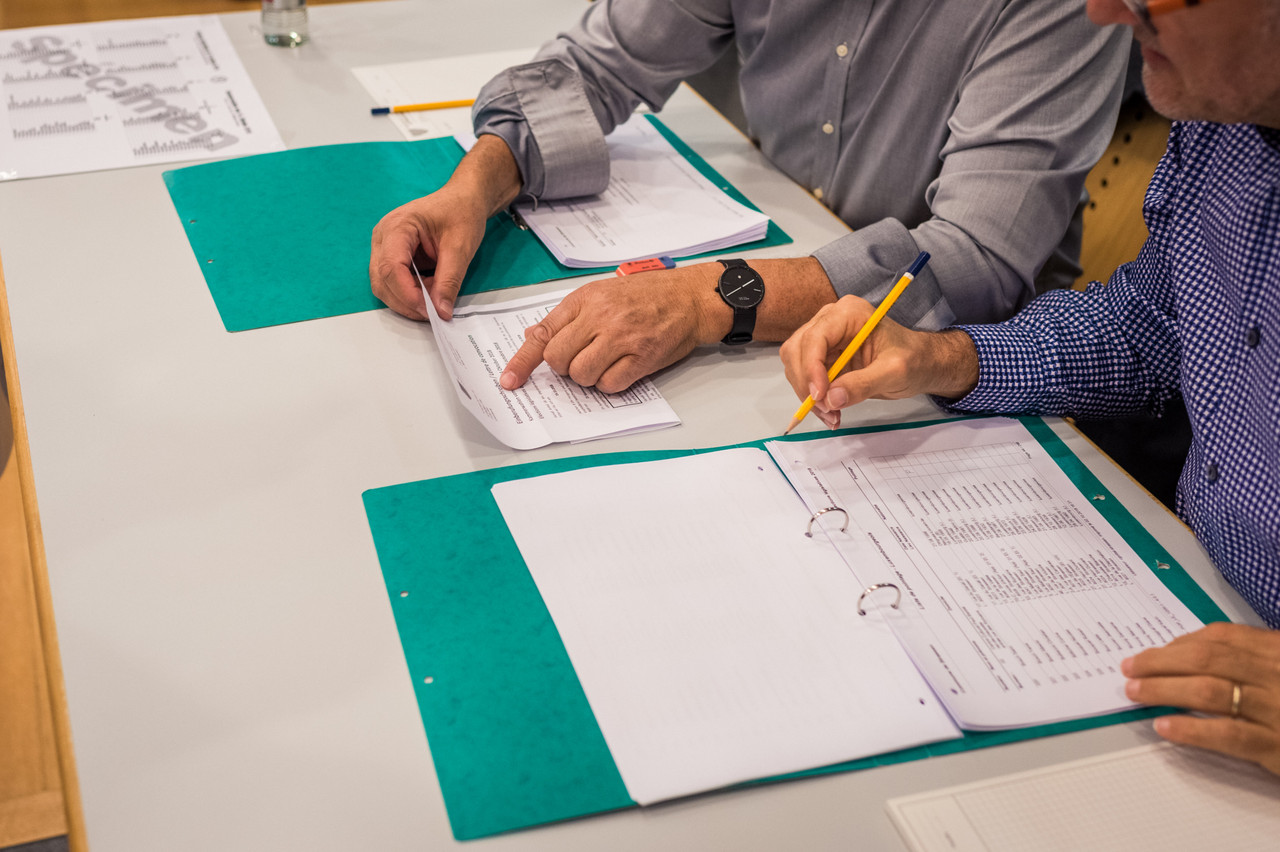Planning to be away from Luxembourg on 8 October 2023, the date of the national elections? Not to worry--registration to vote by post opened on Sunday 16 July. Here’s how to do it, depending on your situation.
Whom should you send your application to?
If you live in Luxembourg: you should send the application to the commune where you are registered on the electoral roll or to your commune of residence.
If you live abroad: you have the choice of sending the application to the commune of your last place of residence, the commune of your birth or, if neither of these is the case (for example, for people who have recovered their Luxembourg nationality by ancestral means), to the City of Luxembourg.
How do I send it?
By post or via MyGuichet.lu, .
For people who have recovered their nationality by ancestral means, .
The postal address for the capital is as follows:
Collège des bourgmestre et échevins
42, place Guillaume II
L-2090 Luxembourg
Luxembourg
The addresses of the other communes can be found on their websites.
When can you apply?
To receive your letter of convocation in Luxembourg, the request must be received by the Collège des bourgmestre et échevins (college of the mayor and aldermen) by Wednesday 13 September at the latest.
To receive it abroad, your request must be received before Tuesday 29 August.
If you are sending your application by post, you need to take into account the time it takes for mail to be delivered, bearing in mind that “there is no delivery in Luxembourg on Saturdays and Sundays,” as the foreign affairs ministry points out. According to , “a normal item is generally delivered in Luxembourg the following day. For international shipments, there is no guarantee of delivery time, unless the express shipment is made via DHL.” If in doubt, send your request at the latest at the beginning of the week preceding the deadline.
What should the application contain?
The written and signed application must contain “your surname, first name(s), date and place of birth, place of residence and the address to which your ballot paper should be sent. You must declare under oath that you have not been disqualified from voting under either Article 52 of the Constitution or Article 6 of the Electoral Law.”
Residents abroad must also enclose a certified copy of their valid passport or identity card with their application.
What happens next?
If your application to vote by post is accepted, the local authority will send you your letter of invitation by recorded delivery with acknowledgement of receipt. This should be sent no later than 15 days before the vote if you live in Luxembourg, i.e. 23 September. And 30 days before the vote if you live abroad, i.e. 8 September.
This letter will contain the list of candidates, voting instructions, an envelope and the ballot papers. There will also be another envelope for the electoral envelope, marked “Elections-Postal vote,” indicating the polling station and your reference number, as well as your surname, first name(s) and address.
You will then need to fill in the ballot paper and place it in the electoral envelope, which in turn will be placed in the postal envelope prepared by the municipality. Then send it by ordinary post, making sure that it is received by 2pm on election day at the latest.
Can I change my mind after requesting a postal vote?
Even if your plans change and you are finally present on 8 October, “once you have been admitted to vote by post, you will no longer be able to choose another method of voting,” explains the ministry.
Who can vote?
Unlike communal elections, which are open to foreign residents, legislative elections are only open to voters of Luxembourg nationality. Voting is therefore compulsory for everyone on the electoral roll, except for voters over the age of 75.
“If you are not on the electoral roll because you are not registered with a Luxembourg municipality, but you do have Luxembourg nationality, you may take part in the elections, but you are not obliged to do so,” the ministry states.
This article was first published in French on . It has been translated and edited for Delano.
